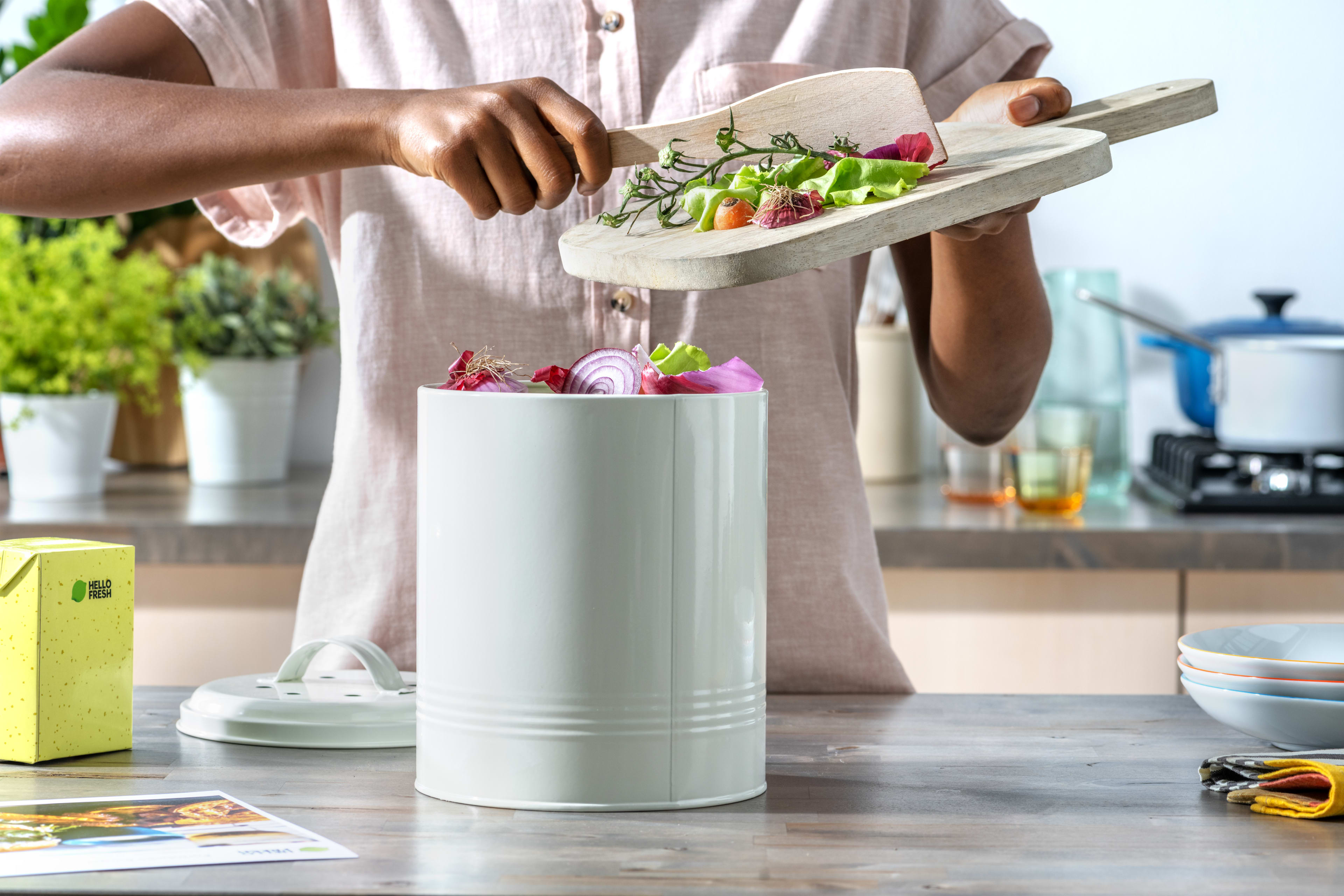
What’s the impact of food waste on the environment?
The United Nation's Food Waste Index report, published in March 2021, shows New Zealanders are better than most for minimising food waste, producing on average 61Kg of waste per person each year - about 18% below the global average. But there are small things that everyone can do to reduce their food waste.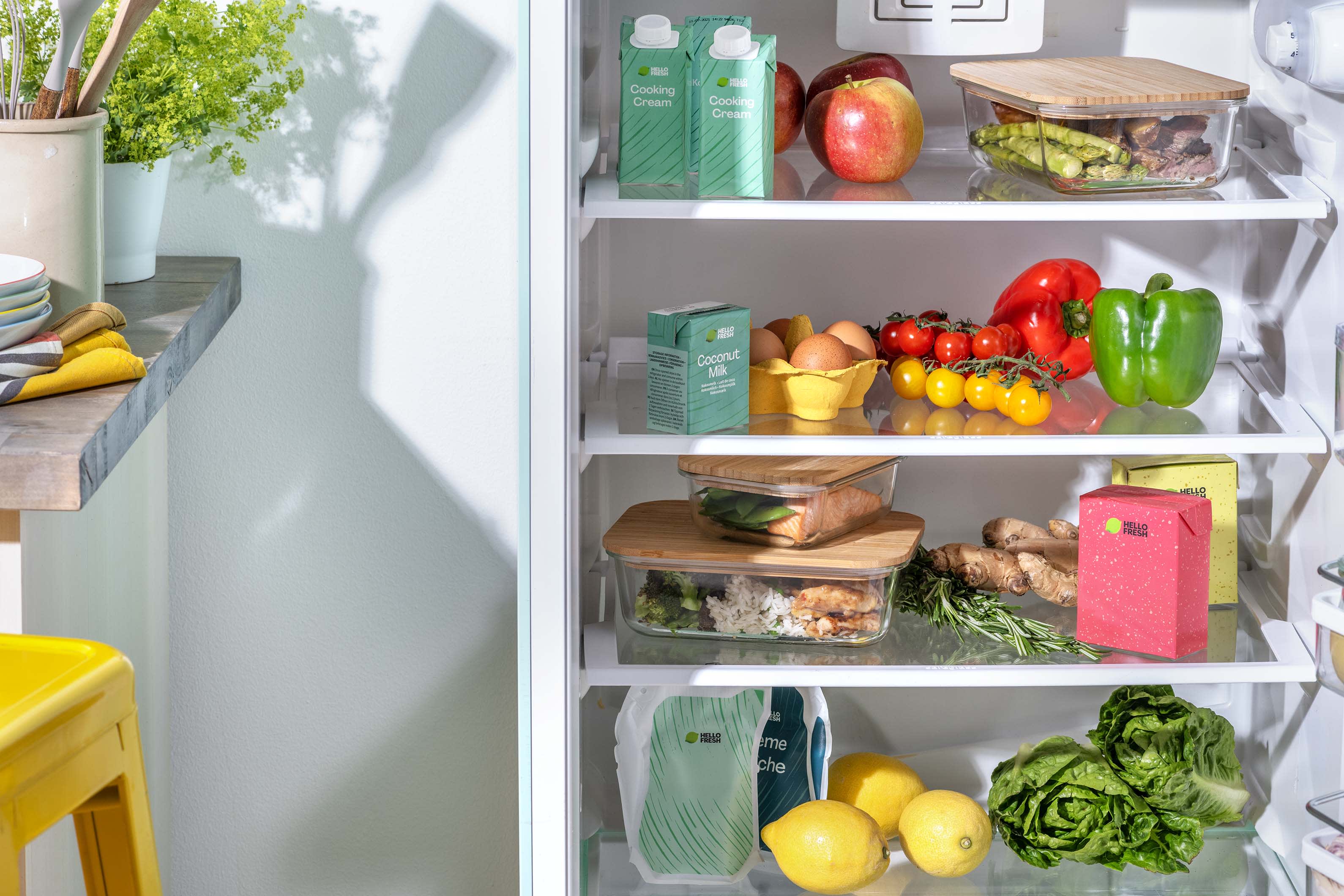
Does food waste have an impact on my wallet?
Every time you throw away excess groceries or the leftovers from the back of the fridge, that’s money down the drain. In June 2021, Rabobank and our food waste charity partner KiwiHarvest announced the results of a survey of 1,500 people, revealing that households in New Zealand are throwing away an estimated $1,259 of uneaten food each year.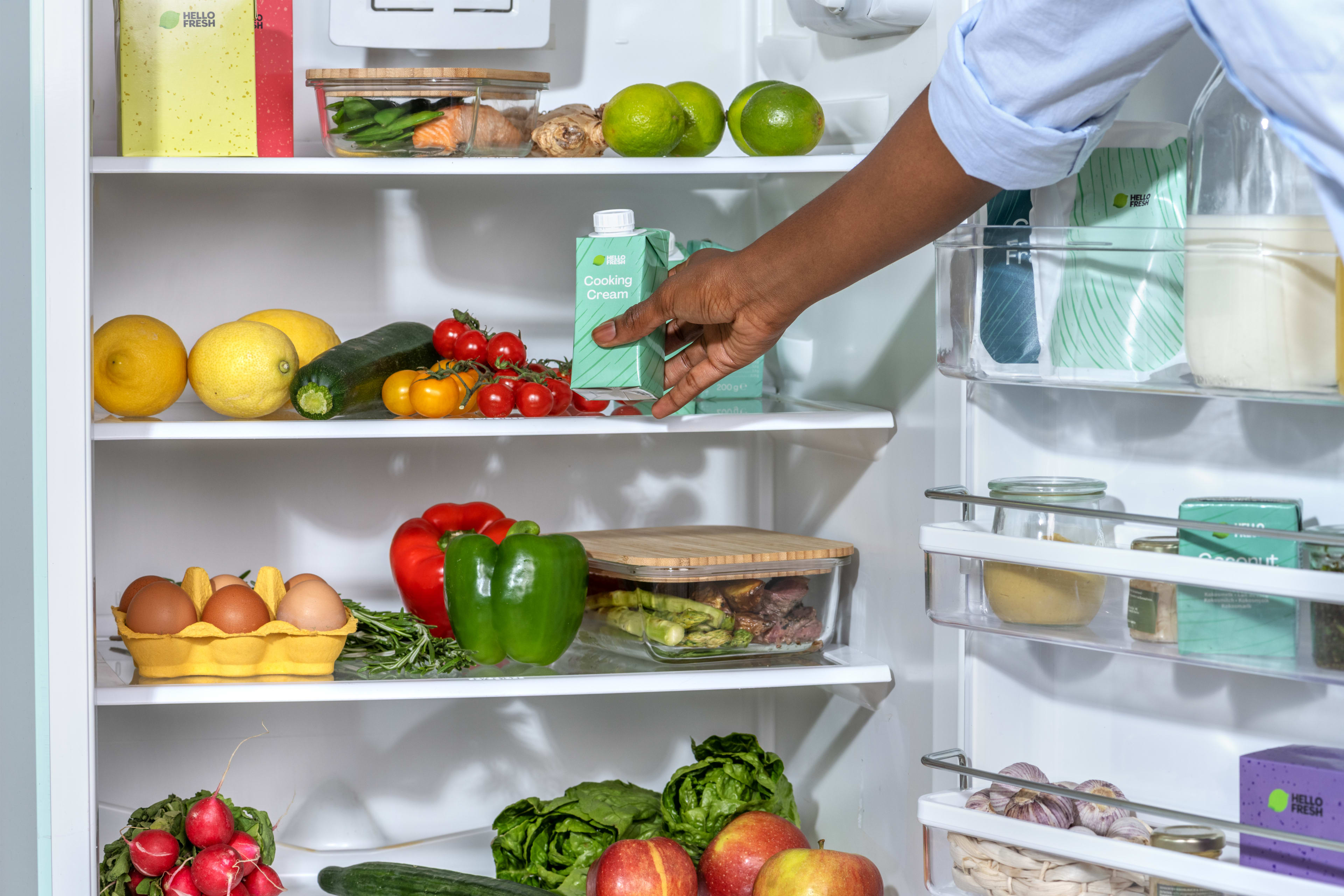
Where do I store my food so it lasts longer?
"Should it be stored in the fridge or the pantry?" will always stir up lively debate, with chocolate being one of the most hotly disputed items. The Chocolate Tour NZ is of the opinion that the sweet treat belongs in cool, dark conditions (like your pantry) as opposed to the fridge.
We'll leave chocolate preferences down to you, but it's important to store dairy products, including eggs, in the fridge. For fruits and vegetables, read on...
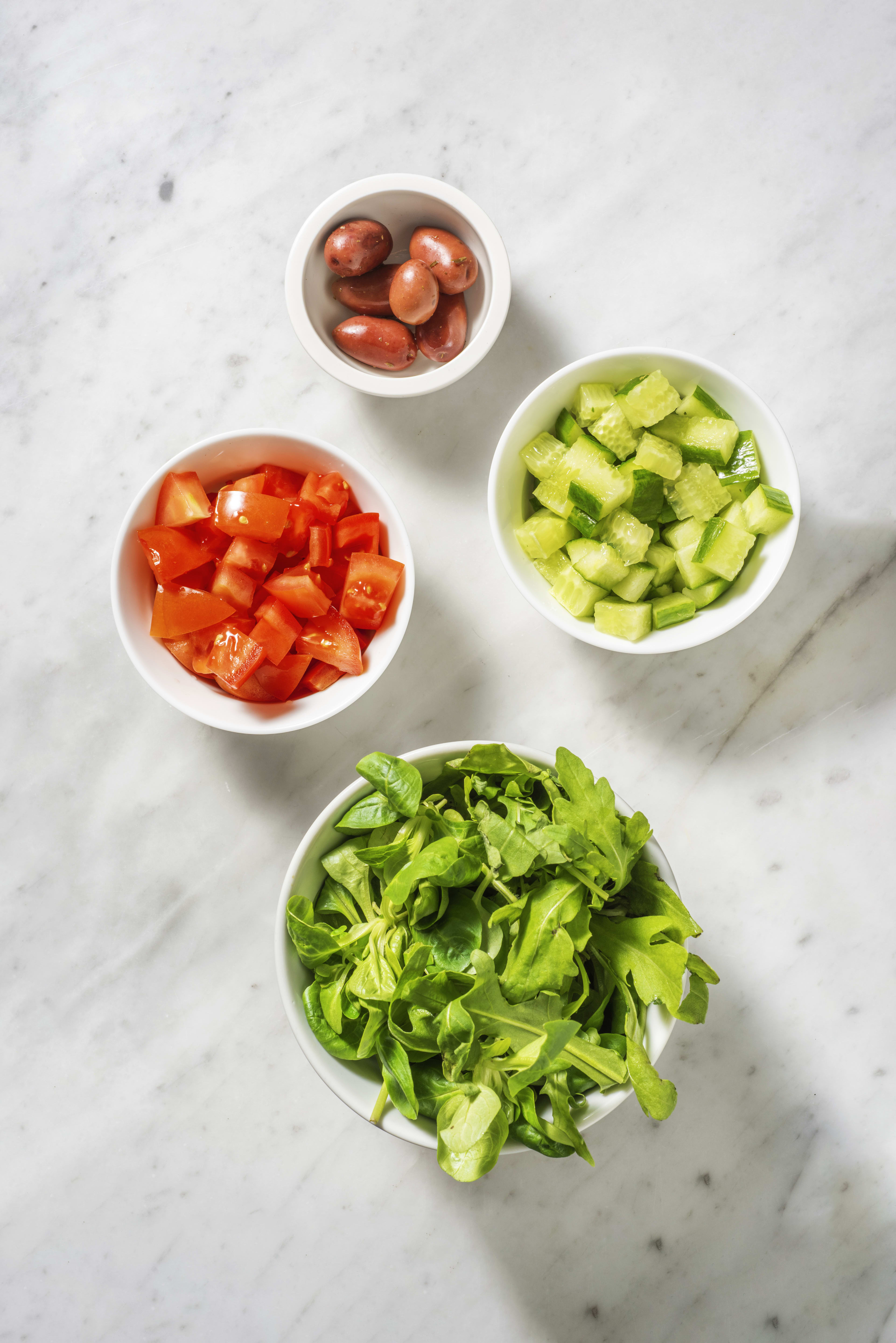
Where do I store my fruits and vegetables so they last longer?
Many wellness enthusiasts and food bloggers love sharing images of what's inside their fridges. A quick search for #FridgeGoals on Instagram brings up shelves filled with colourful fruit and veggies. But should all fruit and vegetables be stored in the fridge?
It is best to keep most of them in the fridge. However, garlic, onions, butternut squash, potatoes, pineapple, melon, cherries, peaches, plums and tomatoes should be stored in the pantry.
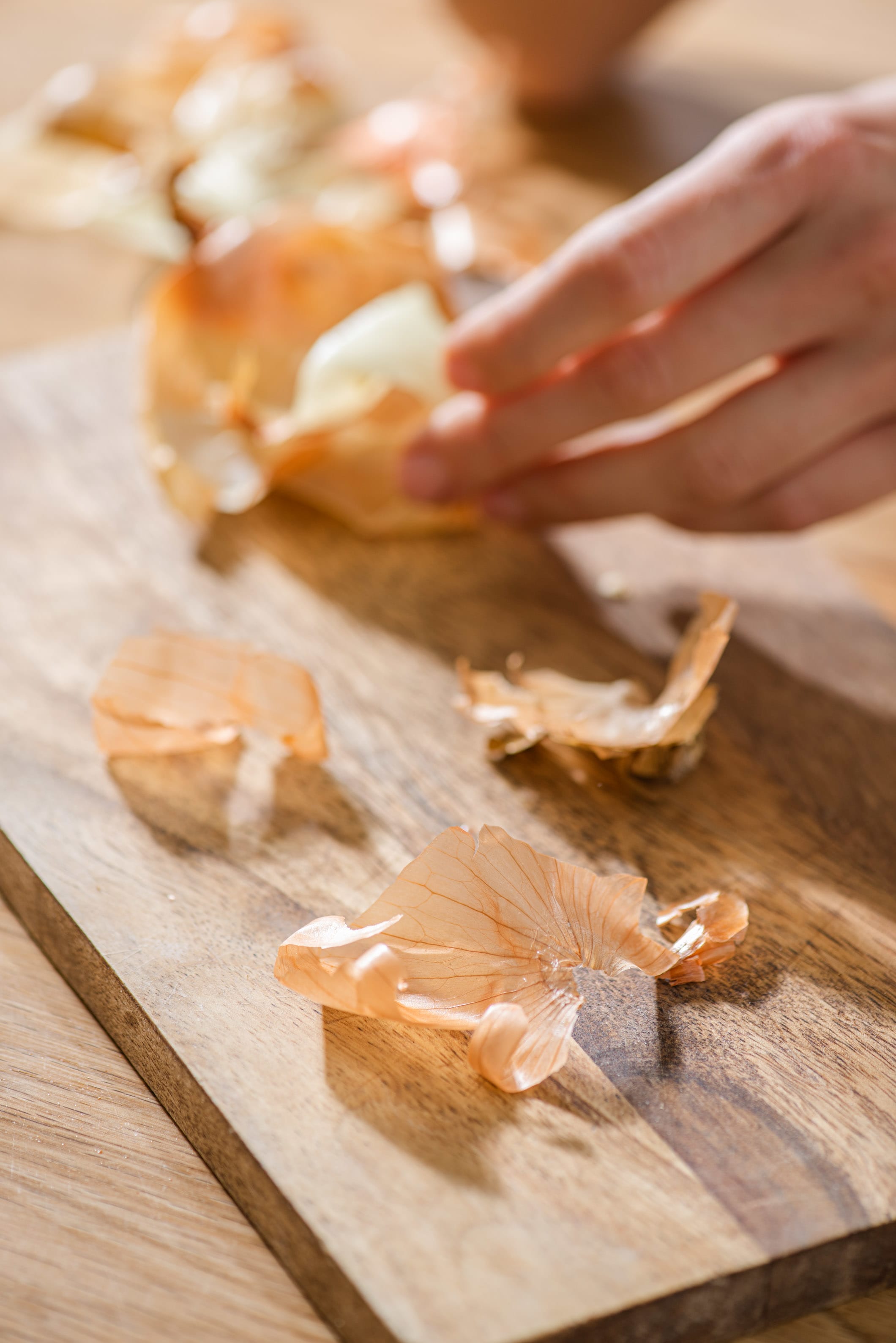
How to make compost at home
There's lots of interest in composting, but many people are still confused about what can go into the compost bin. Many of the most popular online searches in New Zealand for "Can you compost..?" aren't about food, with charcoal, toilet paper and dog hair commonly completing the search query. But when it comes to food items, clam shells, onions, watermelon, cheese and tea bags are also commonly searched for to see if they belong in the compost bin.
The only organic material that you should avoid adding to your compost bin is meat, bones and fish scraps, as these can attract pests. And you should only add small amounts of charcoal, making sure that it doesn't contain additives.
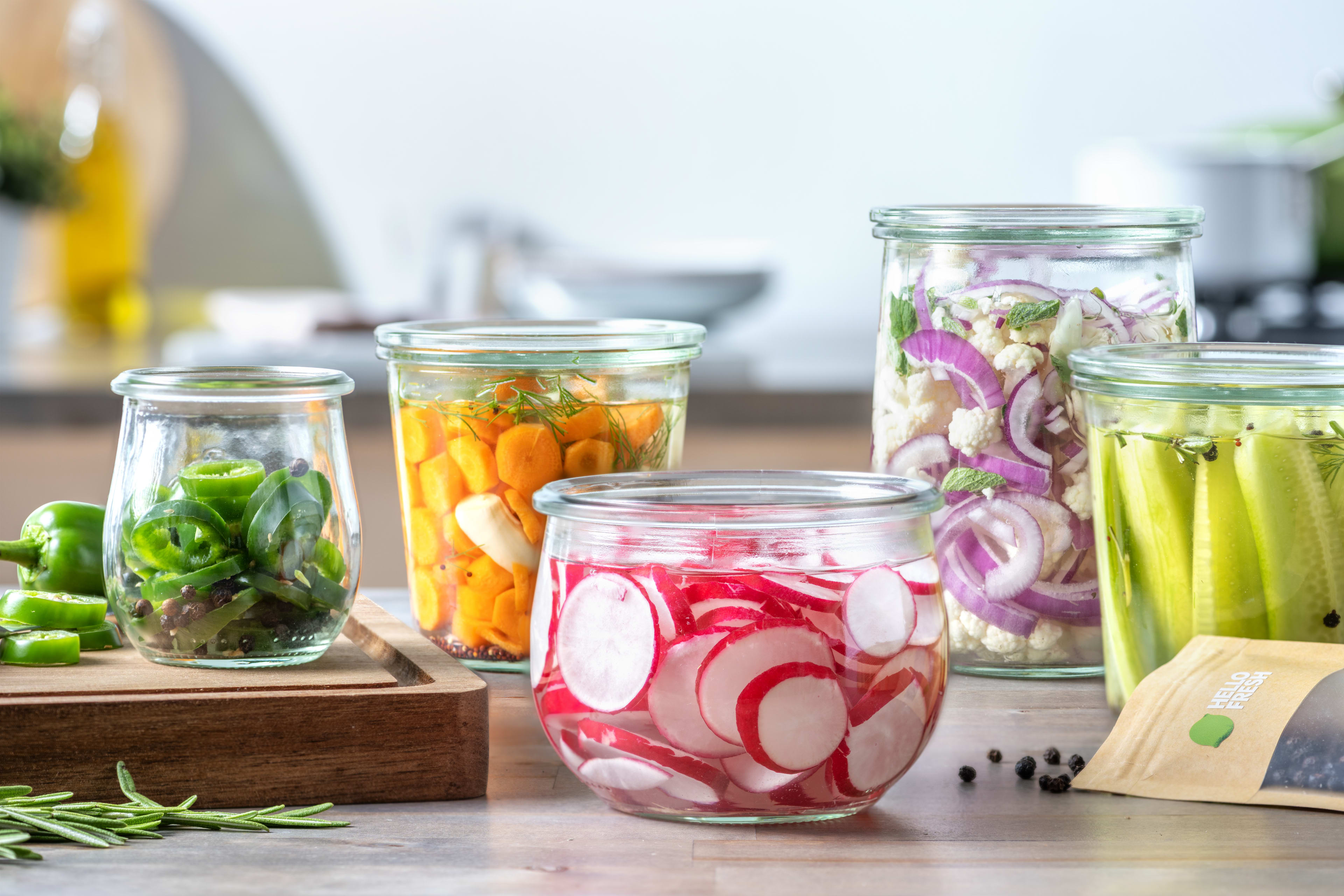
How to pickle/ferment at home
In 2020, social media feeds were filled with people sharing their sourdough starter stories, and Google searches in New Zealand for the naturally leavened bread showed a dramatic 12-fold increase from the start of the year to early-April.
Currently, sourdough is only the fourth most popular fermented food in New Zealand (excluding beverages) based on online searches (average of 2,400 searches per month), beaten to the top by tempeh and sauerkraut (both with 2,900 monthly searches) and kimchi (average 5,400 monthly searches).
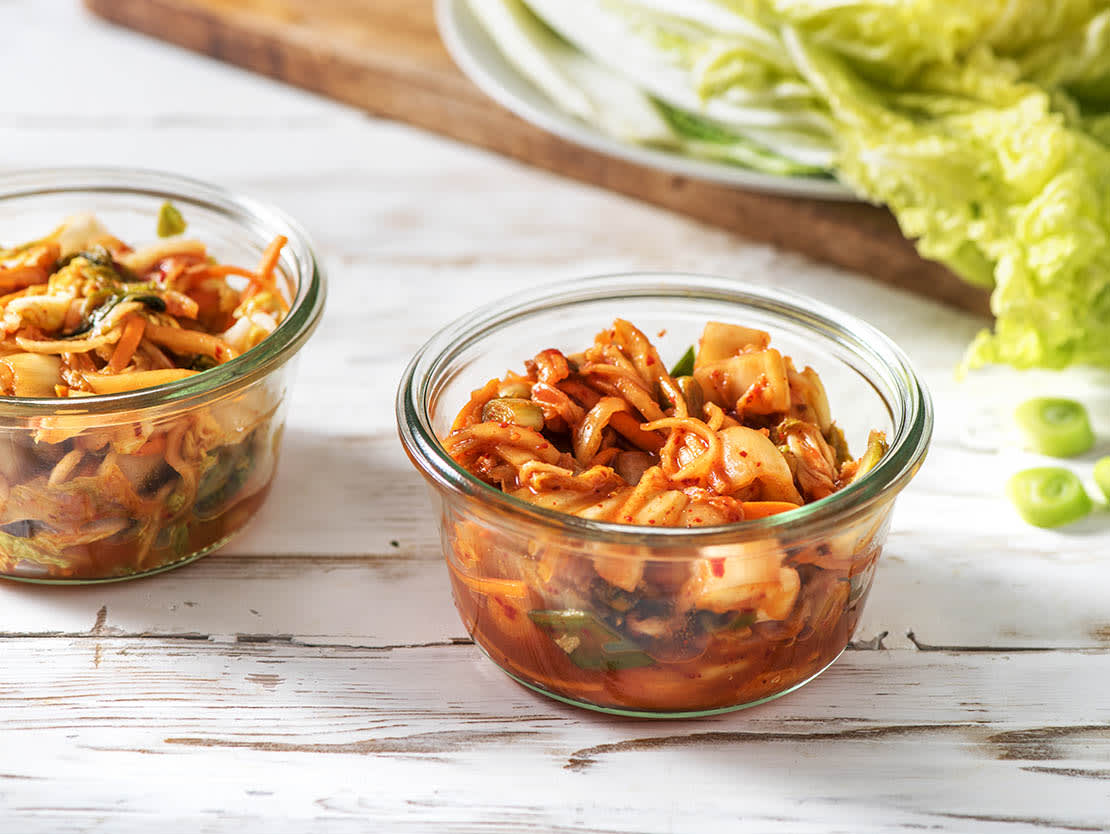
How to make the most out of my leftovers
Classic favourites are some of the most popular foods that Kiwis turn to for inspiration on what to do with leftovers, including roast chicken (the most popular), gammon, lasagne, meatballs and cooked potatoes. But what to do with leftover coconut water, coriander, vanilla pudding, shortcrust pastry – and, interestingly, even chocolate Easter bunnies! – are just as commonly searched.
The HelloFresh Recipe Archive has a wealth of inspiration for new ways to use your leftovers, including chicken and potato recipes.